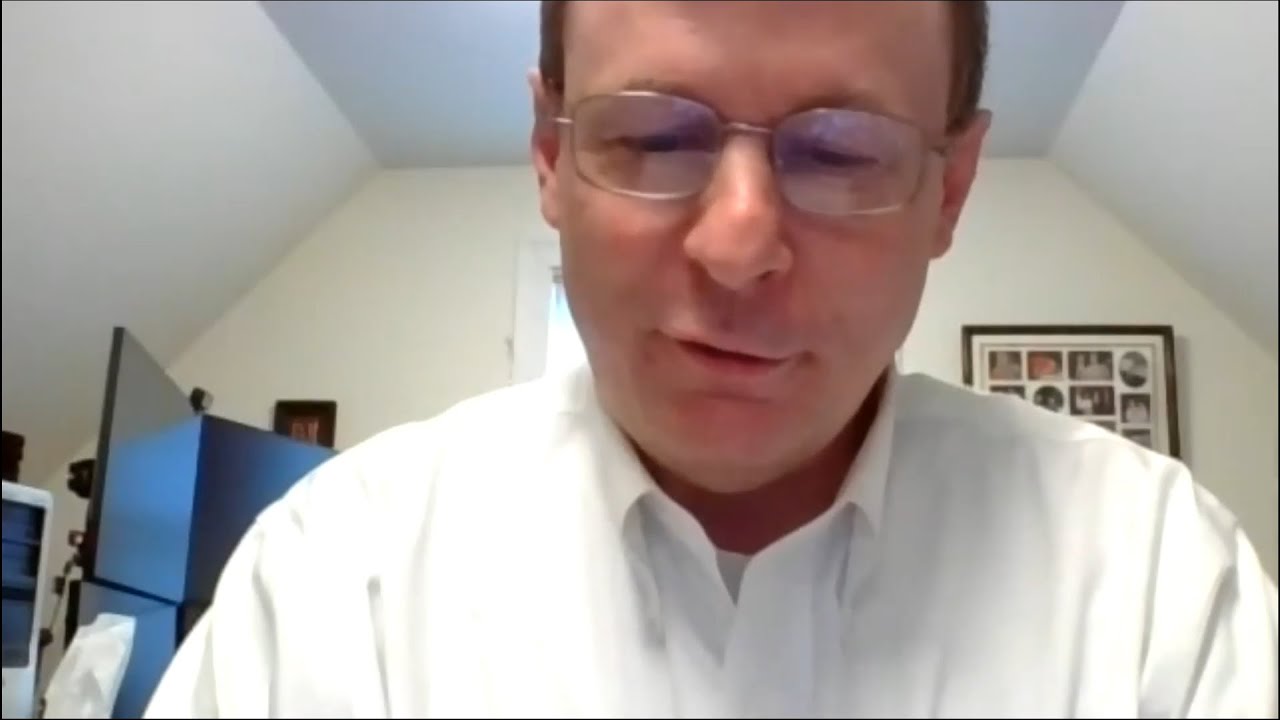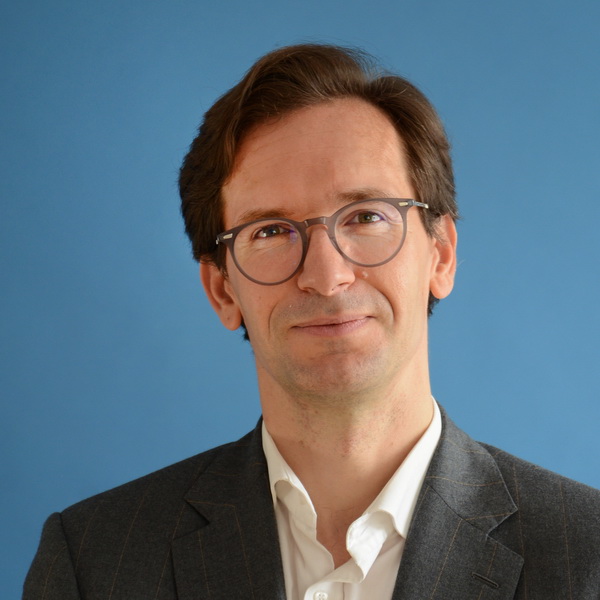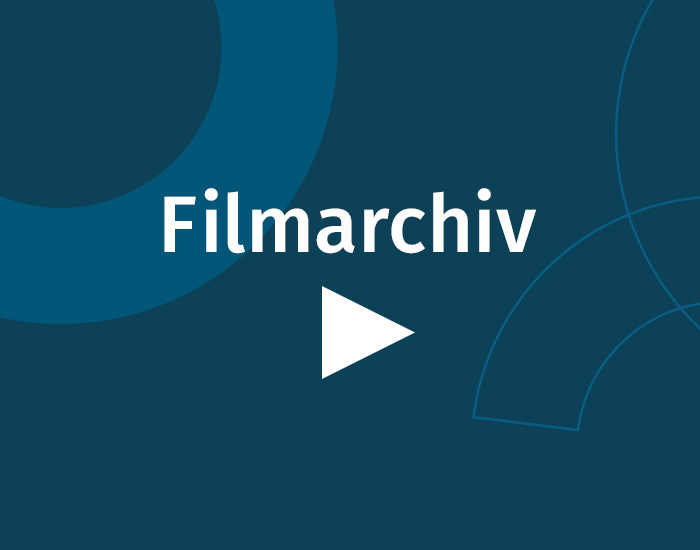
Michael Tomasello’s Vision of Human Uniqueness and the Place of Human Religion


Öffentlicher Abendvortrag von Prof. Wesley Wildman, Boston University,
Response: PD Dr. Magnus Schlette, FEST Heidelberg
Michael Tomasello’s theory of human distinctiveness, with its emphasis on the cognitive and social conditions for advanced cooperation, is a progressive research program. It is particularly well placed to subsume insights from other theories related to human thinking and morality. It is less well placed to make sense of human religion. Some central arcs within the scientific study of religious beliefs and behaviors fit Tomasello’s theory quite well, particularly central planks in the platform of the cognitive science of religion. Other arcs within the scientific study of religion call for revisions and enhancements in Tomasello’s theory, particularly the human sensitivity to the axiological dimensions of natural affordances in our environment. At least as distinctive within human nature as cooperation is, human axiological sensitivity gives rise to intense experiences that are a generative and sustaining force for religion, and this capacity has cognitive requirements that cannot be reduced to the cognitive requirements for advanced cooperation. Thus, if it is to come to terms with religion, and indeed with aesthetics, Tomasello’s theory needs to be broadened in its hard-core hypothesis to recognize the role of sensory awareness and affordance detection. Subsequently, as this cognitive capacity gives rise to potent new forms of human life around 50kYA, a third step is needed in the account of the phylogenetic emergence of human distinctiveness.
Michael Tomasello ist weltweit einer der einflussreichsten evolutionären Anthropologen. Auf der Grundlage seiner ontogenetischen Forschung mit Kleinkindern und Menschenaffen erzählt er eine faszinierende „Naturgeschichte des menschlichen Denkens“, aber auch des moralischen Handelns. Seine Forschung ermöglicht damit ein Gespräch zwischen empirischen, theologischen sowie philosophischen Deutungen des Menschen. Er erhielt den Hegel-Preis und viele weitere hoch angesehene Auszeichnungen. Gerade von theologischer Seite wurden die Gesprächspotenziale seiner Arbeiten für einen Dialog zwischen Theologie und Naturwissenschaften bislang jedoch kaum gewürdigt.
Bitte beachten Sie, dass die Konferenz sowie die öffentlichen Abendvorträge in englischer Sprache stattfinden. Eine Teilnahme ist auf Einladung möglich.
Sie können dem Zoom-Meeting hier beitreten:
https://zoom.us/j/93570474268?pwd=OStaYXBvSVBhL29VaWEzWWdvUmtyQT09
Meeting-ID: 935 7047 4268
Kenncode: 886210
Die Veranstaltung wird mittels der Videokonferenzplattform ZOOM durchgeführt. Informationen zum Umgang mit Nutzerdaten finden Sie in der Datenschutzerklärung von ZOOM unter folgendem Link: https://zoom.us/de-de/privacy.html. Eine Anmeldung per E-Mail an information@katholische-akademie-berlin.de ist nicht erforderlich, hilft uns aber bei der Vorbereitung.


